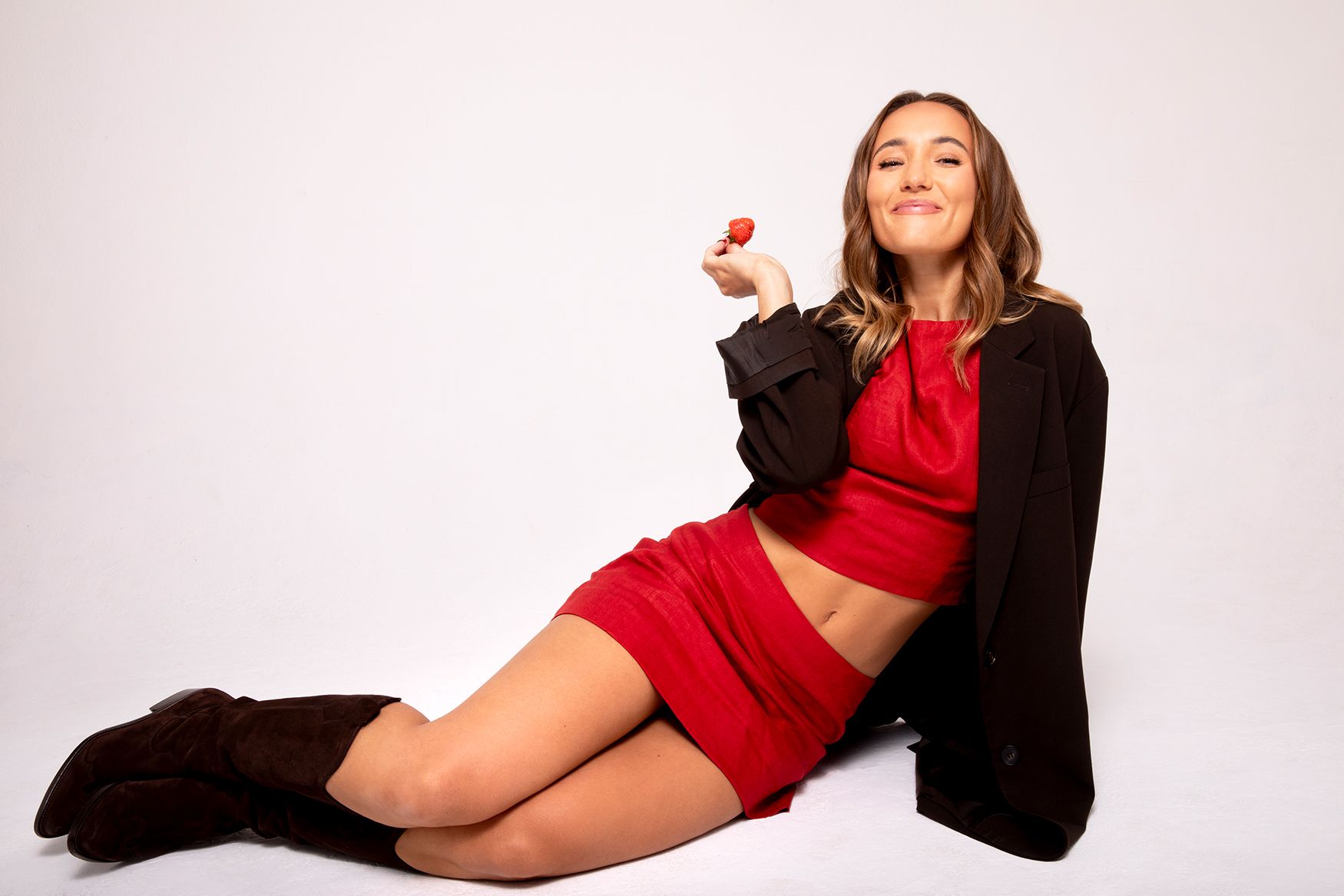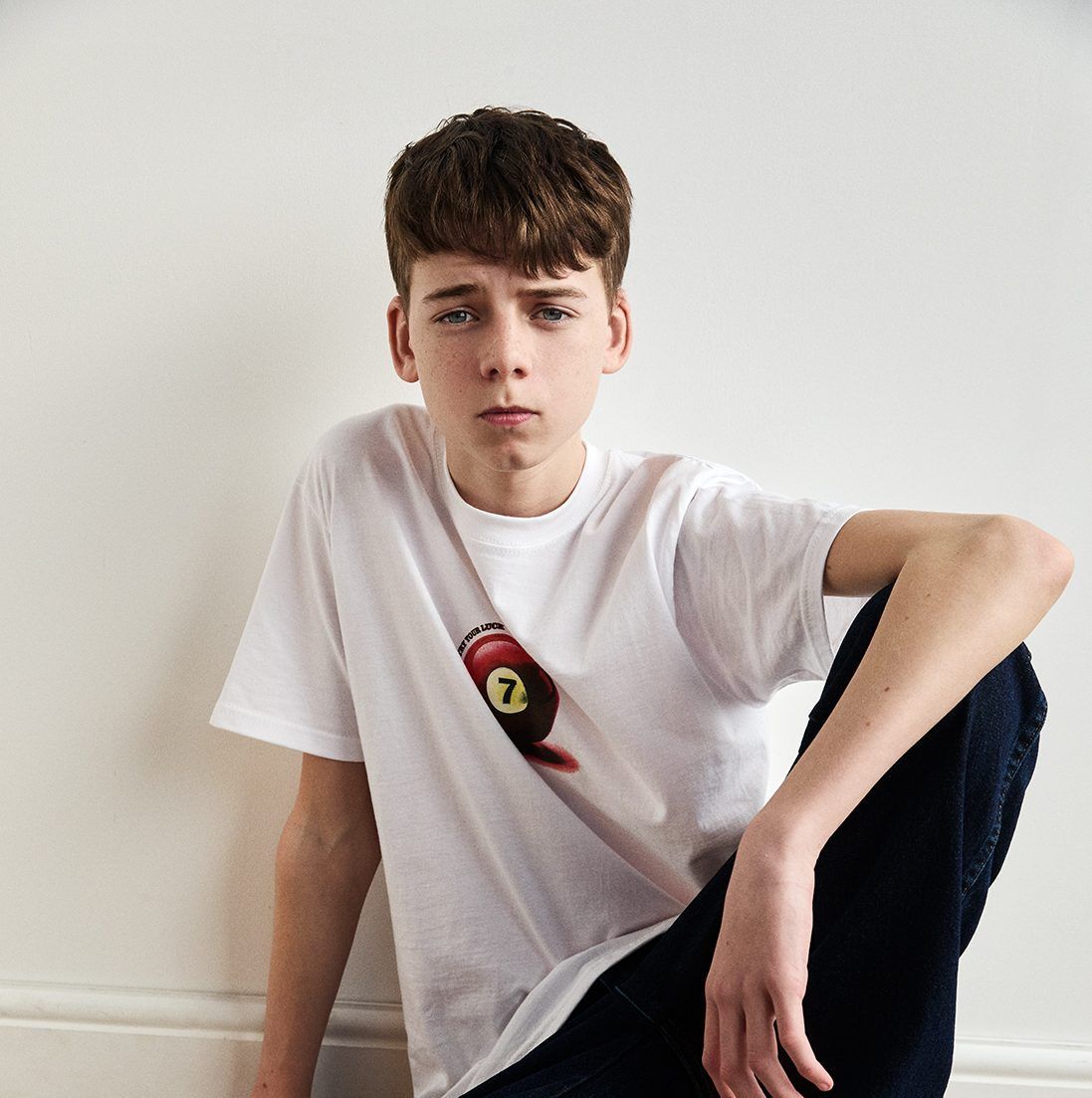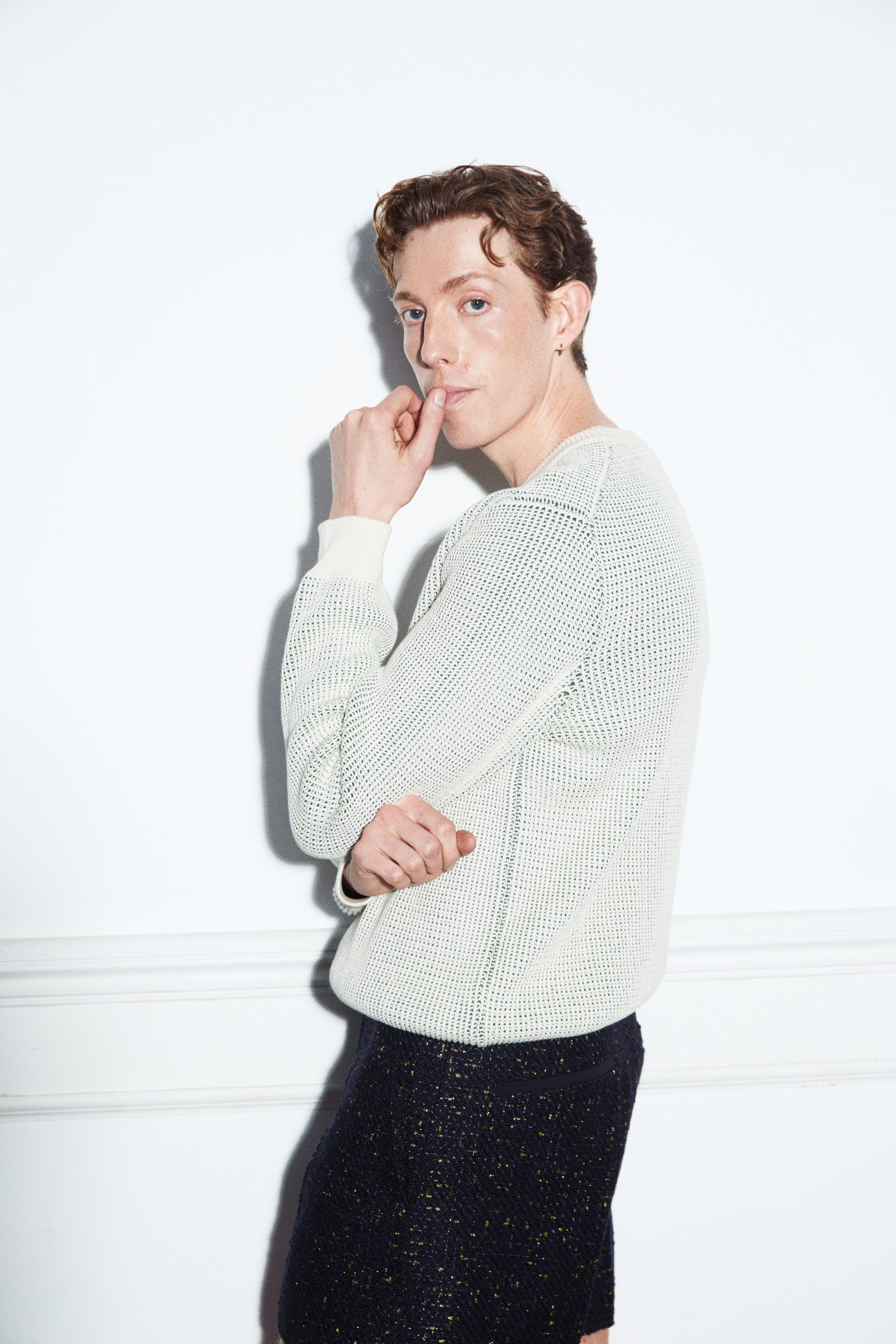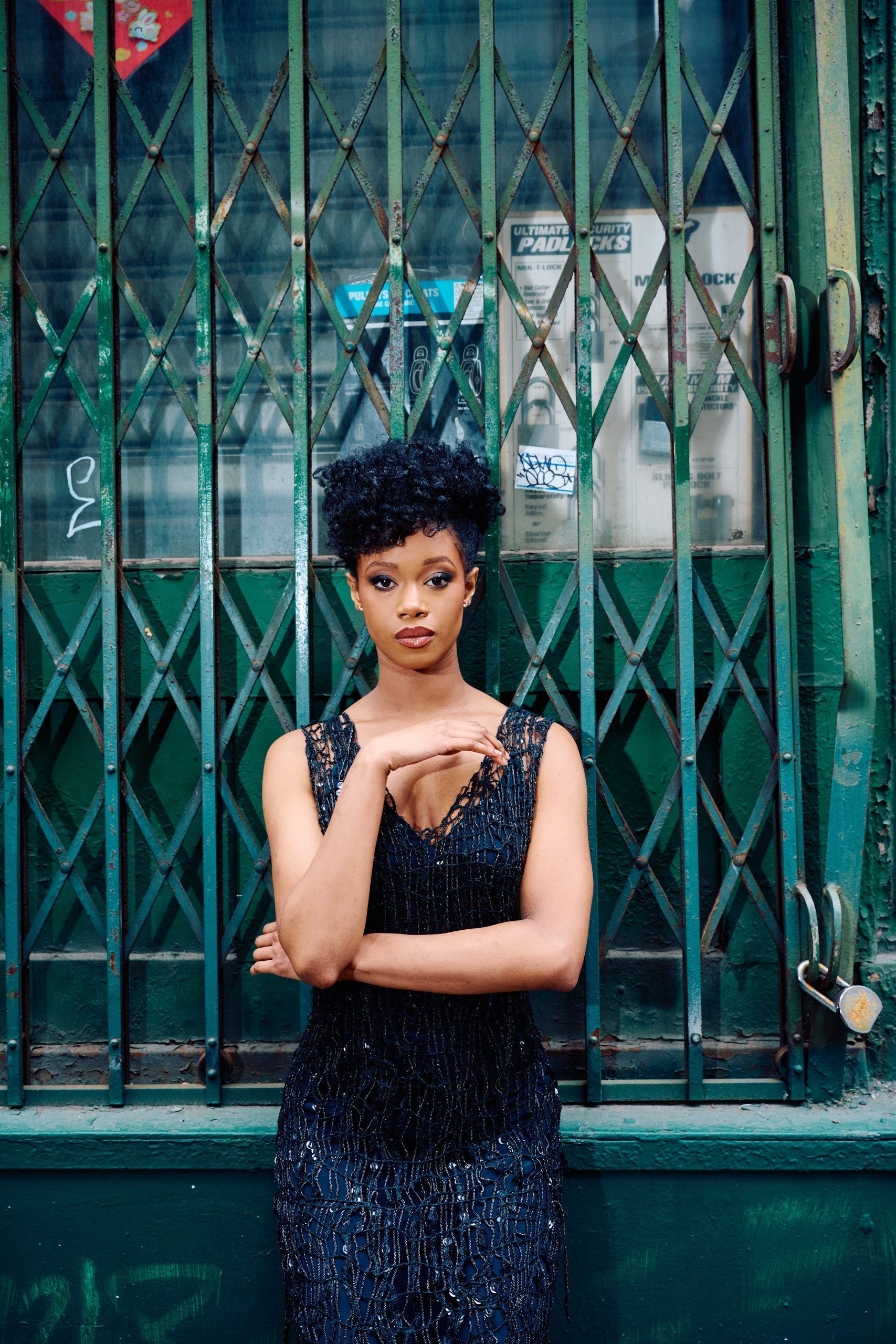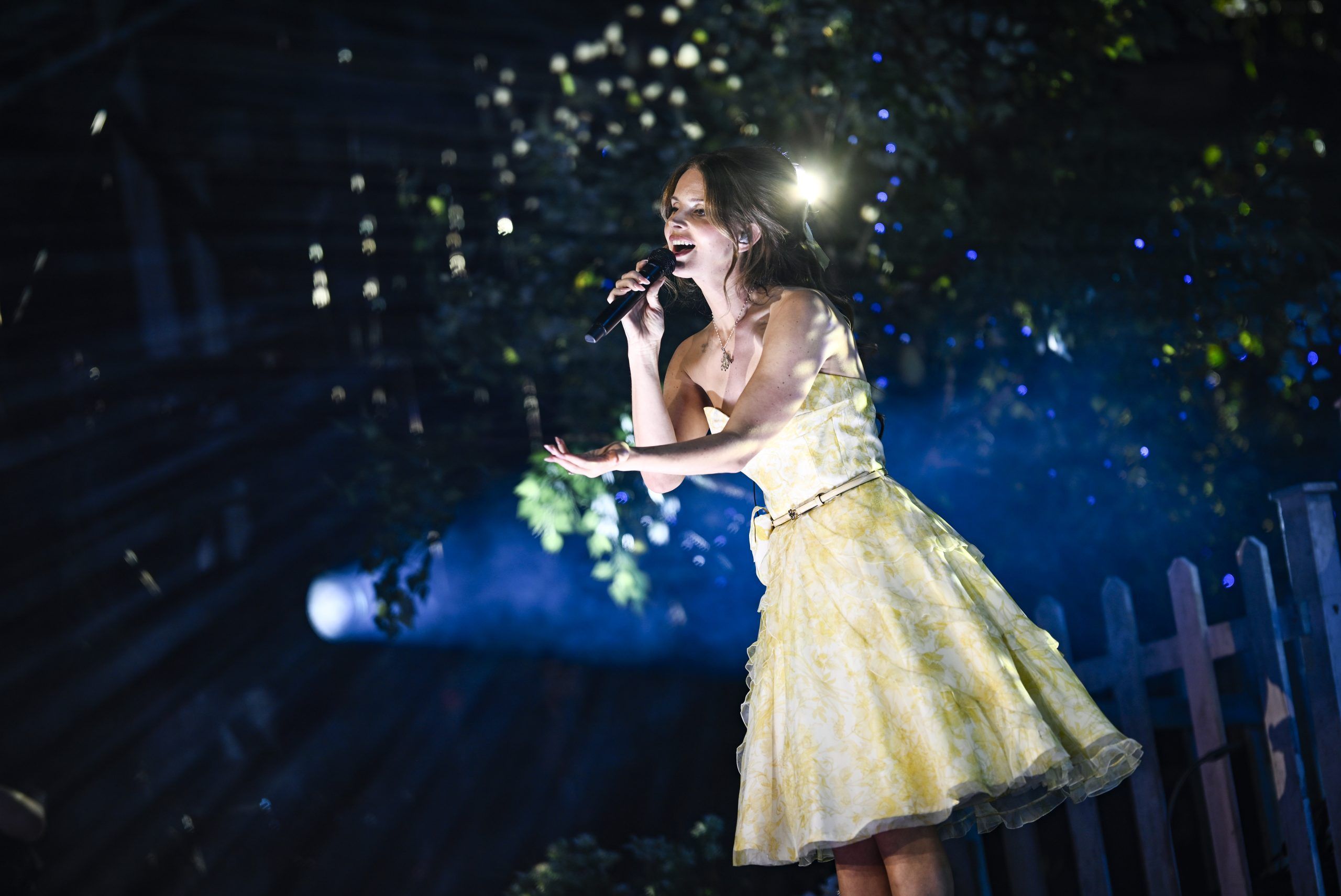Rising actress Lucy Heath, known for her role in Sweetpea and her work as a screenwriter, is proving to be a force to reckon with in both television and film, on-screen and behind the lens. Her friendship with Ted Lasso star Phil Dunster didn’t exactly start on the set of their short film, PRAGMA, but it did help inspire them both. The film, which was written by and starring Lucy Heath, directed by Ellie Heydon, and produced by Phil Dunster, tells an unusual lesson about modern love.
In this candid conversation, Lucy Heath and Phil Dunster delve into their careers, the highs and lows of the acting world, and the projects that have shaped them.
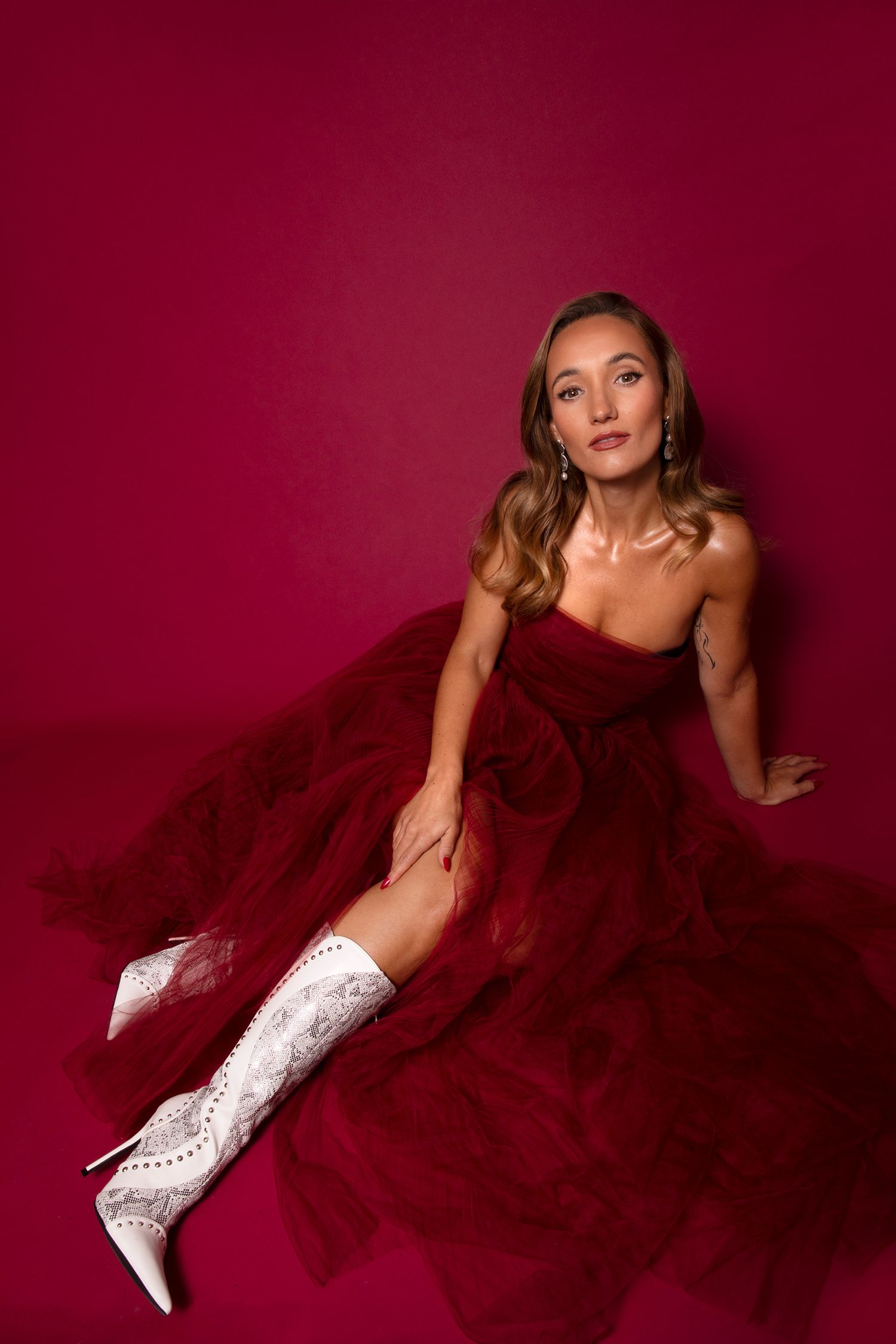
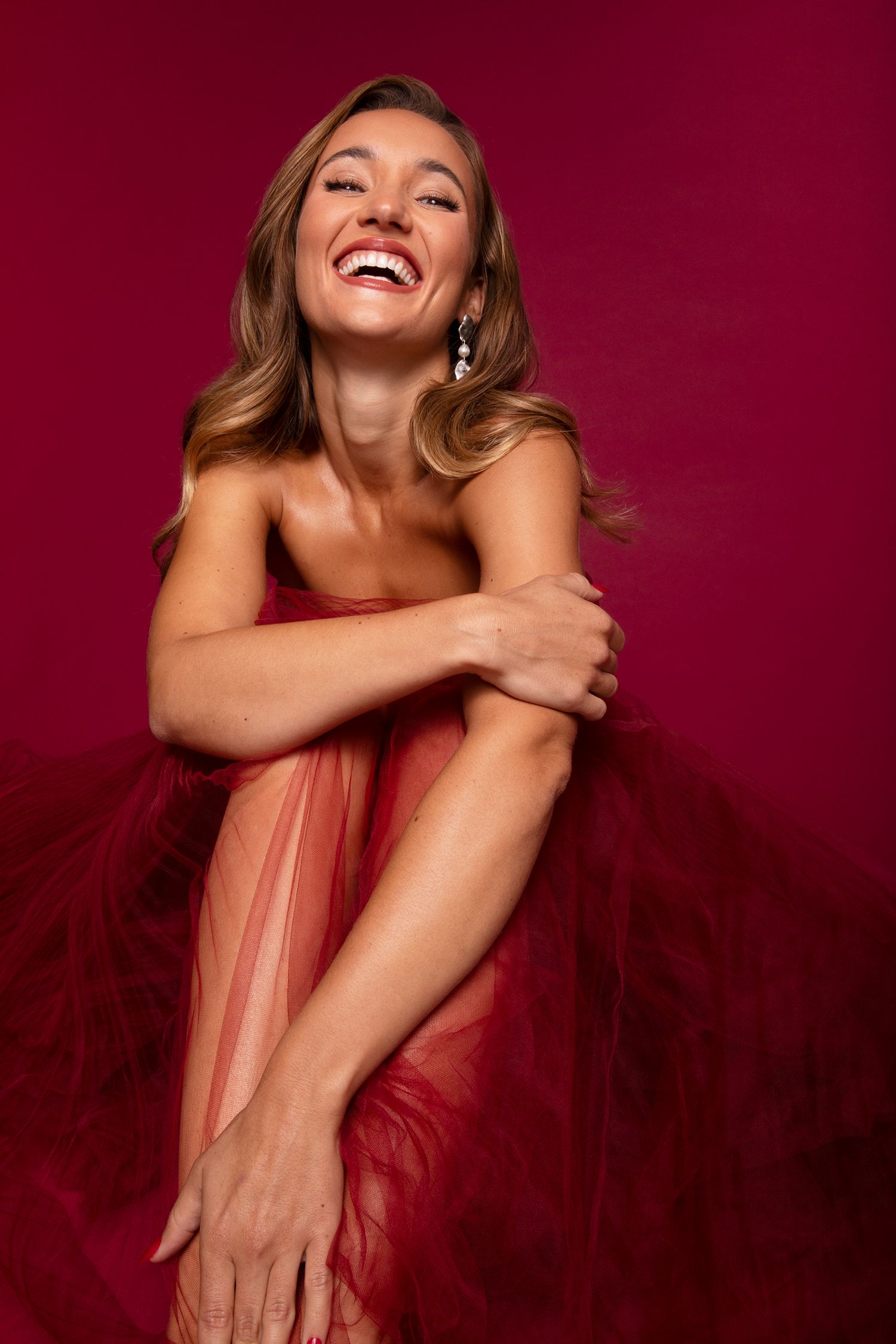
Phil: When did you first know you wanted to act? Mine was in year 3, after starring in my primary school’s smash hit production of ‘Oliver!’ In the titular role. “Angelic” and “Actually quite good” were all the validation I needed.
Lucy: Similar to you Phil, it started when I was a tiny child and my elder brother was in his first nativity, apparently I sat on the front row and sobbed until they let me be a Shepherd. So my mum found a spare tea towel and up I went; A star was born!!
Phil: At what point did you decide you wanted to become a writer?
Lucy: It’s weird, looking back, I’ve always written. As a child, I would watch Disney films and pause them to transcribe each line. Then I’d write little short stories/plays and insist my friends act them out (I’m sure they were thrilled). I had never considered it as an actual career path until drama school, I wrote my final year monologue and our director suggested I seriously pursue it – which I’m really grateful for. Then, after graduating, I saw some excellent shorts at film festivals and thought, I want to make a film!
Phil: What do you think makes a good writer? And which other writers do you love?
Lucy: A few things; Curiosity is a massive part of it, you have to want to explore lives/worlds beyond your immediate, and be excited by the prospect of seeing where a story might lead you. I think dedication is also really important, it’s a long old road to writing something, so you need to be really committed to whatever story you want to tell. I think looking at your life and being able to laugh at yourself always makes for endearing characters – and is an excellent source of either therapy or revenge (I can never tell).
Also, an ability to sense whether the rhythm and structure of a script is flowing in the most entertaining/ cohesive way. I love the writing power couple, Greta Gerwig and Noah Baumbach! Also, Taika Waititi, Emma Moran, Charlie Brooker, Phoebe Waller-Bridge, Michaela Coel, Sharon Horgan, Laurie Nunn – to be honest, the list is endless.
Phil: We came up with the idea for what would become PRAGMA when Lucy and I had spoken about the notion that we spend so long at school learning skills of how to be good members of the workplace and yet we spend all our lives in our thoughts and feelings, yet so little education goes into understanding, processing and improving that. Then Lucy went and came up with the idea of PRAGMA.
Lucy: Yeah I think Phil and I had been really curious about the concept of having some sort of ‘aid’ when it comes to dating, we had flirted with the idea of a dating-buddy app on your phone that you could mutually use to steer dates in the ‘right’ direction. What was becoming more apparent to me after speaking about it for a while was how lost many of us feel when it comes to love. I had just left an eight-year-long relationship and immediately gotten into another relationship, after that ended I was essentially trying to research my way out of repeating toxic relationship patterns and one day exhaustedly said to myself “I wish I could just go somewhere, be allocated a partner and taught how to be in relationship with them” – thus the idea for PRAGMA was born.
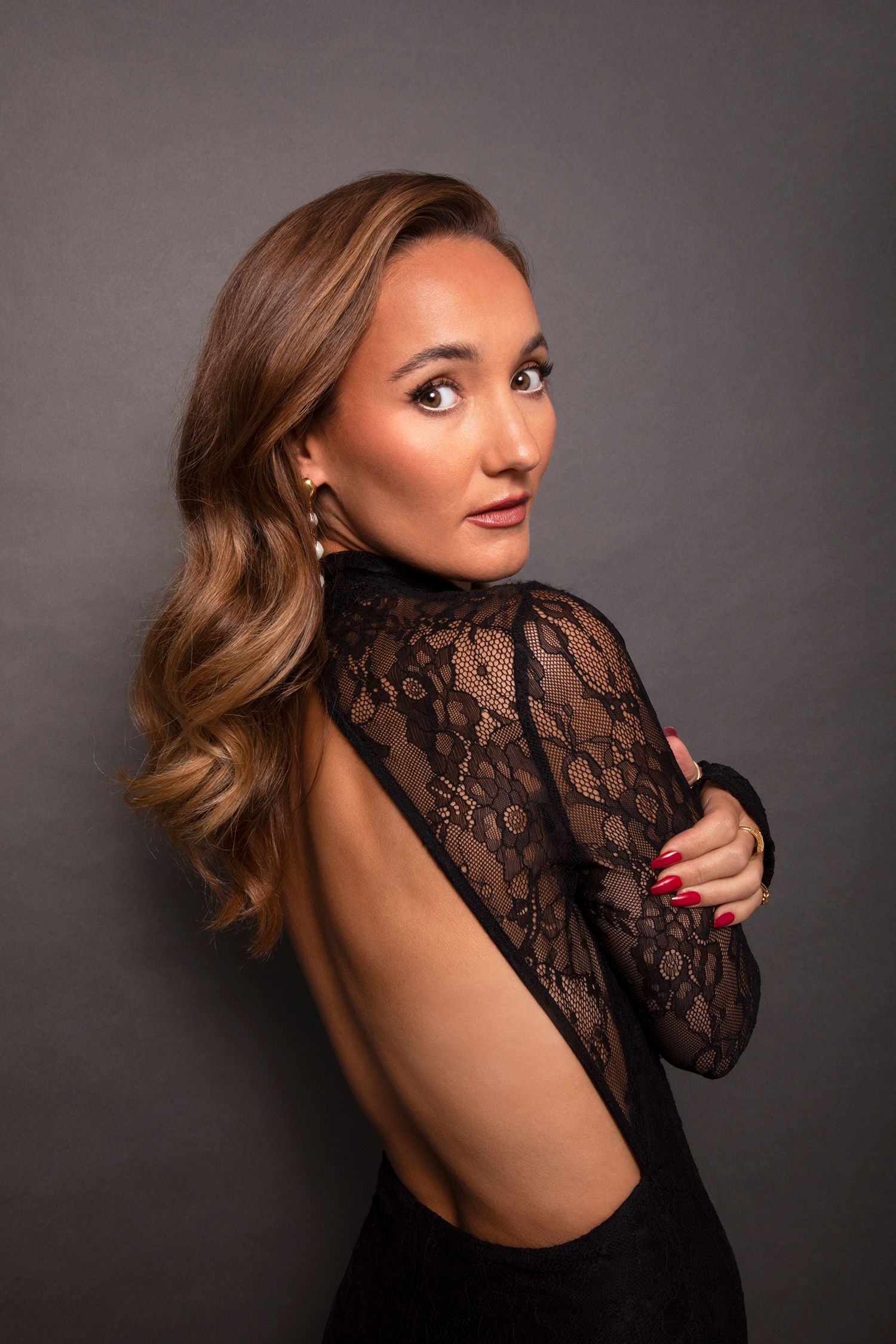
Phil: When people ask how hard was it for us to pull the project together and what specific things people need to think about to get a short film made – I’d say it’s certainly an uphill struggle when producing a short film, but it allows freedom of vision and it can be the most gratifying process. I think clarifying as best you can the tone and script before reaching out to HoDs is the key. It helps when you can be as clear as possible with what you’re asking for. Wherever possible, work with people who know more than you and listen to their experience.
Lucy: Yeah I totally agree with Phil, go and see a bunch of short films, find the Heads Of Departments of the short films you love, and send them your script. If you trust they’re talented and are happy to guide you, then they should be able to elevate whatever your script is. Don’t be afraid to reach out to people, in my experience there are so many talented people excited at the prospect of teaming up with a bunch of creatives to get something made.
Phil: How does it feel to be a writer and actor on the same project?
Lucy: I think when it comes to short films, there’s so many moving parts and so little money that I’ve always had to take on some producing responsibilities so it can feel a bit overwhelming in that respect. But in terms of being able to riff on your own writing and play with other actors as they bring your characters to life – there really is no better feeling.
Phil: What was it like seeing the finished film appearing on the big screen in festivals such as the Tribeca Film Festival? I think it’s always hard to judge one’s own work objectively on its own but when you are able to see it programmed alongside such brilliant pieces as we did at Tribeca then it’s incredibly exciting.
Lucy: Yeah, it was amazing, it also made the industry feel accessible. When you’re first starting out, signing with a top agent and getting paid to write/act can seem like this impossible dream – but making short films and having them screened somewhere as epic as Tribeca and the BFI can make your dreams feel so much more achievable – which is why film festivals are so important.
Phil: Which medium do you prefer, writing or acting? I much prefer acting. There’s much less to think about. Also, you can afford to have a lot more questions than answers and I think I’m more comfortable with that.
Lucy: They serve very different purposes for me. Acting is way more fun but I would say writing stretches my mind in a way I would feel sad to miss out on if I were solely an actor.
Phil: What challenges are you faced with when converting a short film into a TV show?
Lucy: A short film can just be a concept but a series needs to have a really compelling story engine that can sustain drama for hours and hours. So the catalyst for the protagonists’ journey needs to be much more propulsive. Also when you write a short film you’re sat in your bed surrounded by snacks and get to maintain complete narrative control, once our series was optioned it’s different because you have a lot more opinions to consider and you have to find a balance of taking people’s notes.
Phil: What did you love about acting opposite me!
Lucy: Phil is really confident in front of a camera, which totally put me at ease, we’ve known each other for a very long time, so we felt really comfortable being close to each other which is super helpful – and he’s excellent at being big old flirt on screen.
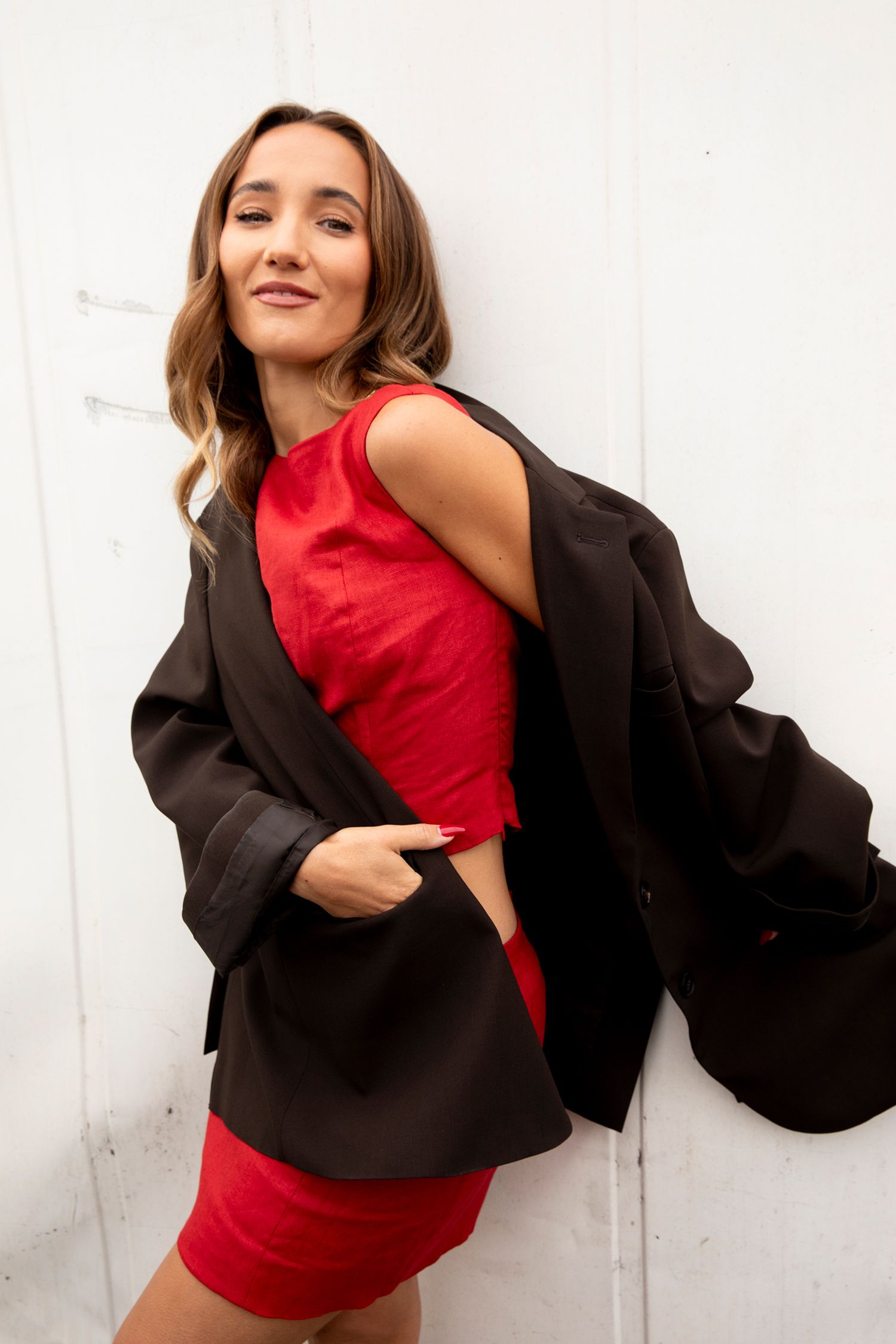
Photography Jemima Marriott

